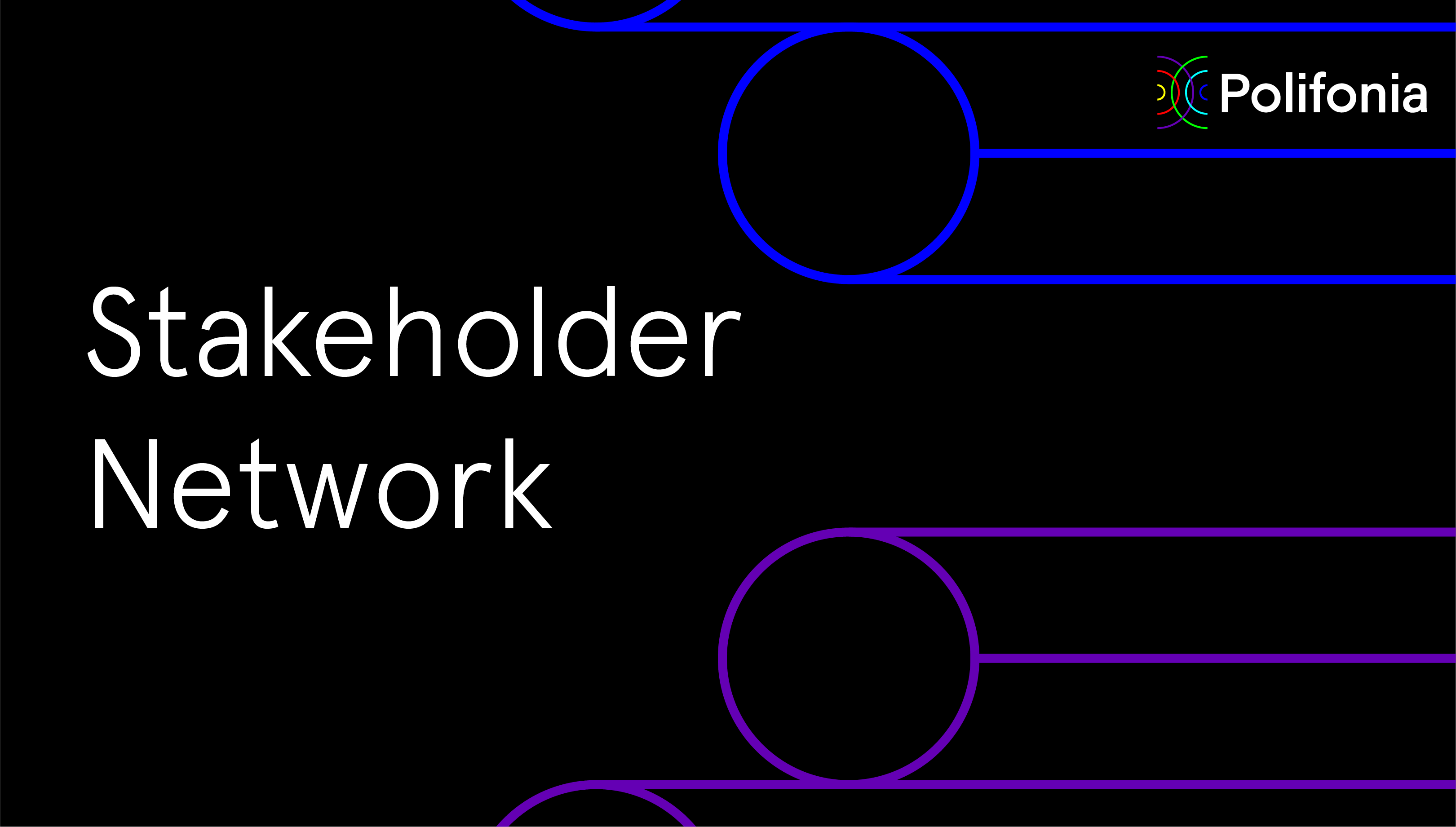Video: an introduction to Work Package 2
Work package 2 develops ontology-based knowledge graphs for representing music collections (symbolic notation/scores, code-based musical assets, annotated audio/transcriptions, metadata) and its historical, cultural, and social context. Watch work package leader Albert Meroño Peñuela explain the role of WP2 within Polifonia in our newest YouTube video.

Work package 2 develops ontology-based knowledge graphs for representing music collections (symbolic notation/scores, code-based musical assets, annotated audio/transcriptions, metadata) and its historical, cultural, and social context. Watch work package leader Albert Meroño Peñuela explain the role of WP2 within Polifonia in our newest YouTube video.
About knowledge graphs
Knowledge graphs are graph-driven representations of real-world entities along with their semantic attributes and their relationships. Data structured in a graph, rather than a table or text, can help users get better responses to their queries, retrieve context around a specific object and even discover new connections between objects. Knowledge Graphs let you create new links (relations) between items (entities) without worrying about creating specific columns, tables and texts to hold that information. Heritage institutions are now increasingly using this way to present their complex collections.










